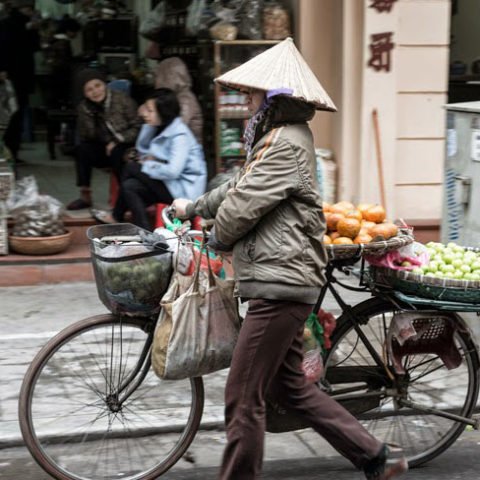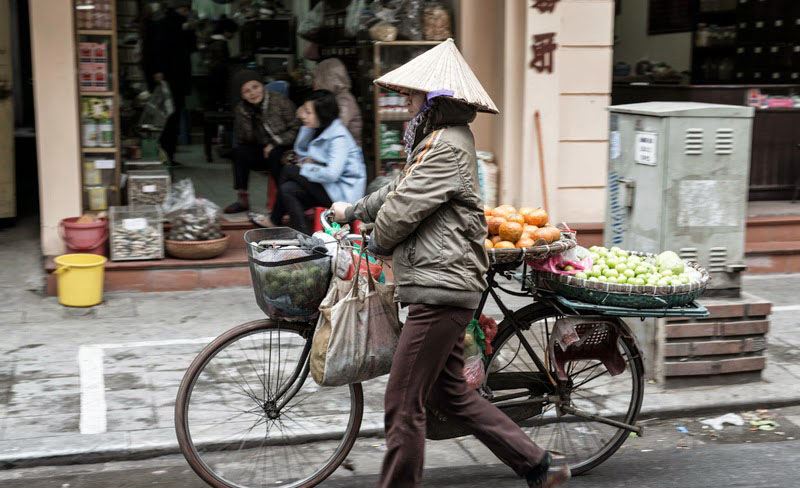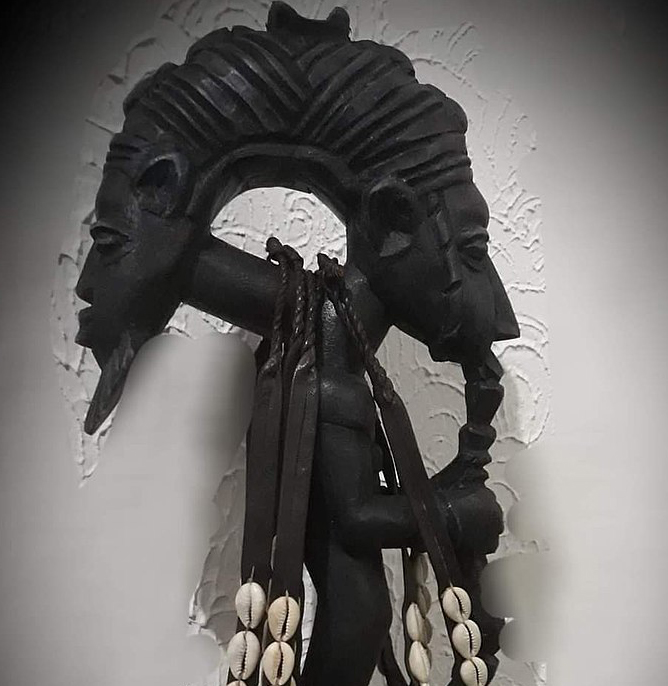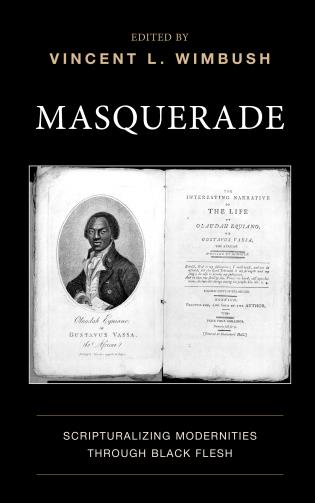
Third ISS Annual Meeting (2018)-summary
March 21, 2018Complete CV
May 25, 2018Finding our Voices – by Quynh-Hoa Nguyen

As a woman working in a predominantly patriarchal culture and under communism in Vietnam, I see fear dominate both those with power and those without it. People who wield power fear losing it and those who are subject to power fear for their safety and well-being. I have struggled with teaching theology as a woman to address this issue and find a way forward through fear to do right and be an a uthentic Christian social witness. Today, I first present the social context of this fear and then my thoughts about doing theology in response to this context.
uthentic Christian social witness. Today, I first present the social context of this fear and then my thoughts about doing theology in response to this context.
In the system that represses basic human rights, fear becomes a tool to control the populace and reinforce status and power. As popular Vietnamese journalist Huy Duc remarks, “The largest legacy that human beings receive from communism is fear. People fear from street security guards, policemen, to judges. Government officers fear one another and fear people.”[1] I see this fear in the systematic suppression of freedom of speech, opinion, press, and religion. I notice it in the promotion of internet censorship and in crackdowns on peaceful dissenting voices and demonstrations. To the insecure government, “hostile and reactionary forces” seem to be present everywhere.
I see fear in the enduring silence of the people in the face of injustice. When I visit a government office, I see a young officer yelling at an old man who is as old as his father, a breach of basic Vietnamese respect for elders. In public hospitals, I see doctors, nurses, and staff blaming, scaring, intimidating, and ignoring patients. All of this is common. And it is all met with silence and endurance. Fearful people choose to give up their rights to dignity and justice.
It is unfortunate that this fear is also pervasive in church, particularly the Protestant churches. Characterized by male domination and power, the churches are still deeply embedded in patriarchal thinking and structure. Among feminist circles, patriarchy has been understood as wider rather than a sex-gender system and multiplicative forms of domination and oppression.[2] The situation in Vietnam is aptly described by a quote from John Bradshaw, used by bell hooks: patriarchy stands on “blind obedience … the repression of all emotions except fear; the destruction of individual willpower; and the repression of thinking whenever it departs from the authority figure’s way of thinking.”[3] These rules of patriarchy permeate the Church where I have been working with. To reinforce these rules, power has been centralized in one powerful man as the patriarch of the Church to maintain the patriarchal values and practices of subordination, submission, and silence.
Within this patriarchal structure, the authority figure operates as ruler rather than leader. Power, accordingly, becomes an end that he aims to protect rather than a means to serve. Fear of losing power is no doubt inherent in this system. I see this fear again and again in the suppression and exclusion of voices that challenge the unjust structure and the abuse of power. I see it so often in the controlling of rights and resources within the church.
I also see fear in the silence of Christians to injustice. I recently saw it in the silence of the church in response to the mass fish deaths in early April. Tons of dead fish were washed up along the shores of northern-central Viet Nam, damaging marine life, hurting the lives of coastal residents, badly affecting fish markets, tourism, raising industrial pollution fears, and increasing the already present concerns about food safety throughout the country. It was caused by discharge of toxic chemicals from a foreign multi-billion dollar steel firm nearby. Many Vietnamese people, for the very first time, overcame their fear to publicly challenge the government for its failure to respond and its previous support of the steel firm. The state-run media also picked up on the disaster. Protests with thousands of people including Catholics erupted in large cities, even though protests are very rare in Viet Nam.
The Protestant churches, however, were silent in the midst of the anxiety and anger over the massive fish kill-off. It was not until mid-May that I heard a sermon relating to the disaster and calling for healing prayers for the environment and the affected people from a young local UM pastor. Other leaders in the church, however, tried to silence the preacher immediately after service.
It is true that fear corrupts, as Burmese democracy leader Aung San Suu Kyi has said, “It is not power that corrupts but fear. Fear of losing power corrupts those who wield it and fear of the scourge of power corrupts those who are subject to it.” [4] In the context where I work, fear corrupts the leaders’ ability and power to love and serve. It also corrupts “the sense of right and wrong” (to borrow the words of Aung San Suu Kyi) among Christians in Viet Nam and keeps them silent about the things that matter.
Given the past severe persecution of Christians, it is understandable that Vietnamese Christians are afraid of exposing themselves to a vulnerable situation. Their silence can be read as a way of maintaining peace and remaining safe in the context where giving voices could be perceived as a threat and potential source of troubles.
Christians’ silence on current social injustice has also been informed by an otherworldly orientation, which comes from the biblical concept of being “in the world but not of it” (John 17). It also has its roots in the history of Protestant mission in Viet Nam in the early twentieth century that considered the world as evil, impossible to socially reform. The world represents the problem and Christians should be separated from it. In the more open contemporary political environment, this worldview prevents Christians from practicing and sharing their values outside their small community.
More importantly, the dominant theology that everything that happens is God’s will helps perpetuate and reinforce the silence. Embedded in this theology, most Vietnamese Christians find it justified to accept reality as it is. The concept of partnership of God and human beings in bringing about changes is unfamiliar to many.
Patriarchal hierarchy and an otherworldly, deterministic theology have reinforced the culture of fear in the Protestant churches in Viet Nam. This presents a challenge to the church to construct a theology that liberates people from their real fears.
Significant to this context is the need to break the silence to find voice of the people. Given the ultimate authority Vietnamese Christians hold on the Bible, finding voice begins with informing Christians of biblical stories that provide them with resources to deal with their fears. Biblical stories, according to Wesley A. Kort, a scholar of religion, “undercut the distances between languages and cultures” and “provide a person or a people with identity and orientation.”[5] Biblical stories carry with them timeless and universal challenges, problems, and hopes of human beings. And they function as occasions for people to identify themselves with human experiences that are consonant with their situations. This way, biblical stories grant people a world and a way of being, a mode of existence that is workable in the world.
I see in the Exodus story the silent slaves finding voice most appealing to engage with the social experiences of Vietnamese Christians. The Exodus account shows that the slavery that the Israelites endured in Egypt lasted for generations until they cried out. Exodus 2:23 records, “After a long time the king of Egypt died. The Israelites groaned under their slavery, and cried out.” It was not until they cried out, refusing to be silent and invisible, that the process of the struggle for the freedom from exile, pain, and trauma began. Their crying out is an eruption of the repressed rage and pain in the face of long injustice and ruthless power. Theologian Walter Brueggemann describes their cry as a “public outburst of unbearable pain on the part of the peasants who have been reduced to slavery” and “the grievance of every abused person who finally will assert, ‘I am not going to take it anymore.’ ”[6]
Important to this initiative breaking of the silence from the people is that it evokes God’s liberating history with the enslaved and suffering people. The Exodus story begins with the people who are struggling for freedom and justice, who are daring to take a risk, who are ready to take the initiative to find voice to express their painful experience. And the Bible says: “their cry for help rose up to God. God heard their groaning, and God remembered his covenant with Abraham, Isaac, and Jacob. God looked upon the Israelites, and God took notice of them” (Exod 2:23-25). The story thus reveals that God acts in solidarity with the oppressed when they find the courage to give voice to their pain.
And their cry of pain is the voice of truth coming from their actual daily experience of slavery. It is the voice of truth that speaks against exploitation and seeks liberation. This truth is spoken from below, from the powerless. It is a version of truth that is subversive to the truth officially announced by the established power.
The Exodus story offers an alternative orientation that challenges Vietnamese Christians to not only problematize their present context of fear but also embrace courage and freedom to find voice to speak the truth that has been concealed and silent in the presence of power. To speak the truth in this context is to address injustice, corruption, control, and domination created by patriarchy. It also necessarily challenges the otherworldly deterministic theology that justifies fear and silence and reinforces status quo power. This truth, which is inseparable from the lived experience of Vietnamese Christians, has been kept hidden from public discourse. It is only communicated in the public sphere when Christians are ready to break the culture of silence with their liberative voice.
I am hopeful that this very first step of doing theology as a Vietnamese woman will begin a historical process of empowering the voice of truth in the patriarchal Protestant churches in Viet Nam. It might be a long process but I believe in God’s Spirit working through the people even if that work is slow and hard to see.
————————————————-
[1] Huy Đức, “Đỉnh Cao của sự Sợ Hãi,” Blog Osin (blog), April 16, 2015, https://newosin.wordpress.com/2015/04/16/dinh-cao-cua-su-so-hai/
[2] Elizabeth Schussler Fiorenza, 1994; E. Johnson, 1997.
[3] bell hooks, “Understanding Patriarchy,” No Borders, http://imaginenoborders.org/pdf/zines/UnderstandingPatriarchy.pdf (Accessed August 2, 2016).
[4]Aung San Suu Kyi, “Freedom from Fear,” Third World Traveler, http://www.thirdworldtraveler.com/Burma/FreedomFromFearSpeech.html (accessed June 10, 2016).
[5]Kort, Story, Text, and Scripture: Literary Interests in Biblical Narrative (University Park: Pennsylvania State University Press, 1988), 12, 19.
[6] Walter Brueggemann, Truth Speaks to Power: The Countercultural Nature of Scripture (Louisville: Westminster John Knox, 2013), kindle ed., chapter 1 under “The Plot of the Exodus Story.”
(Presented at a World Methodist Council Workshop—Houston, TX, Sept 2, 2016)



